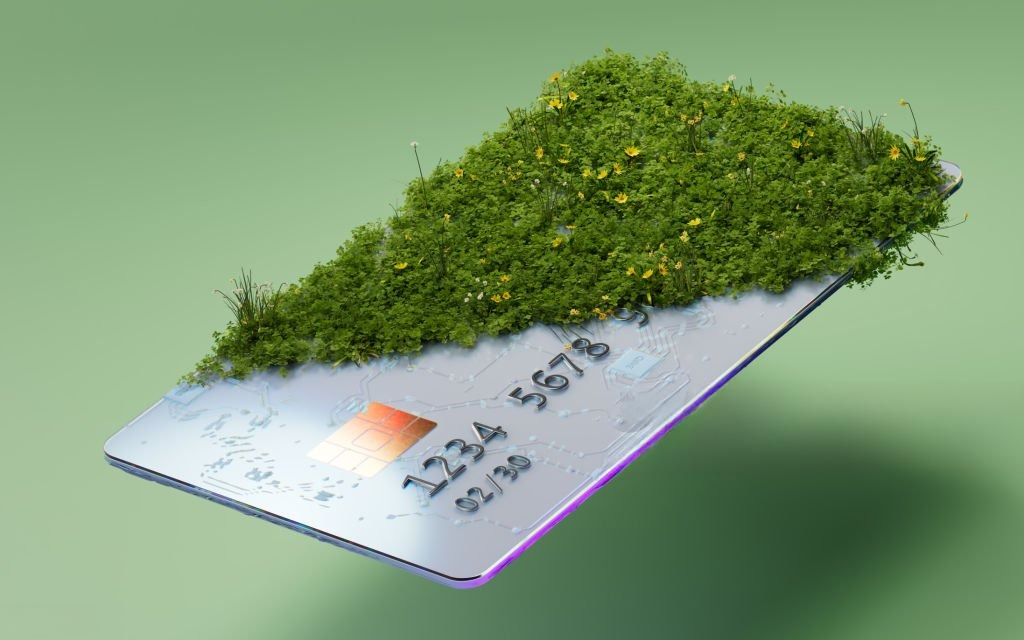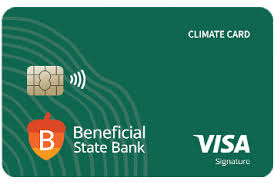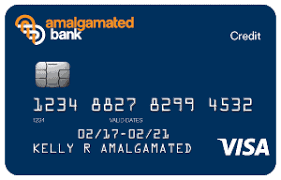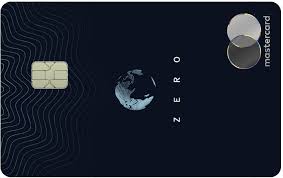It is setting a new context during the period of conscious consumption, and the financial sphere is not an exception. More people are increasingly demanding to use restitution money that resonates with their values, not just on their purchase, but how they are going to treat their money. Into this crevice steps the introduction of the ethical credit card, the tool of the masses who believe that spending must mean something to society and the environment.
Customers no longer prefer staying with the previous set of credit cards that the humongous banks, which invest in fossil fuel or other inappropriate actions, offer. Instead, an emerging controversy is taking place concerning socially responsible credit cards, eco cards, and sustainably friendly credit cards centred around ethical banking, sustainability, and social responsibility.
This blog will explore the best ethical credit cards in 2025, what it entails to claim a card can be considered ethical, and what you can do to make sure your purse can include the things that matter most to you. Whether it would be the green-conscious social activist or simply the one who wishes to find those things that do the job, this guide is where you go
What Makes a Credit Card Ethical or Eco-Friendly?

Before getting into the best ethical credit cards, there is a need to explain what constitutes an ethical credit card as compared to a normal credit card.
Each major credit card has essential characteristics, which include ethical credit cards:
Fossil-Fuel-Free Banking: Issuers that refuse to invest in oil, coal, or gas.
Environmental Contributions: Cards that partly pay the fee to exchange with institutions that contribute to reforestation, combat climate change, or are socially oriented.
Eco-friendly materials: The physical form taken up by any eco card can be plastic of recycled fiber or even wood.
Transparency practices: Ethical issuers are of the opinion on transparent communications, fair lending, and social governance (focusing their interest on ESG—environmental, social, and governance).
Choosing a climate card or sustainable credit card would imply that your expenditure will make a greener and fairer world. The effects of supporting multipurpose banks that finance renewable energy and social good could be taken with several prongs to enhance the power of consumers as a segment to combat climate change and injustice.
Top Socially Responsible and Eco-Friendly Credit
Here’s a carefully curated list of the best ethical credit cards you can apply for:

Best For: Automatic climate donations and ethical banking
- 1X point per $1 spent, redeemable as donations to verified climate nonprofits.
- $0 annual fee.
- Issued by a certified B-Corp that shuns fossil fuel investments.
- Ideal for consumers who want every dollar they spend to drive environmental change.
Beneficial State Bank Climate Card is not the only green-cause-driven credit card, but it is built on socially responsible banking through transparency.

Best For: Everyday rewards with sustainable banking
- 1.5% cash back on all purchases.
- Powered entirely by renewable energy.
- Fossil-fuel-free and B-Corp certified.
- No annual fee.
When you want good rewards without losing your integrity, then the right ethical credit card has an ideal position.

Best For: Carbon offsetting and reforestation
- 0.5%–1% unlimited cash back.
- Card made from recycled materials.
- Carbon offset features are included.
- $60 annual fee.
Aspiration Zero offers reforestation activities and vows that it will be carbon-neutral, making it a top climate card to those who place direct environmental influence as a priority.

Best For: Broad environmental impact
- 0% intro APR and no annual fee.
- Donations made to environmental organizations.
- Points earned for every dollar spent.
Both cards are very effective at helping the environmental causes through every swipe.
Key Features to Look for in an Ethical Credit Card
When evaluating which ethical credit card to choose, consider the following features:
- Rewards Structure: Does the card provide cash back, green points, or donations?
- Eco-Friendly Materials: Plastics that are recycled or other biodegradable cards or new earth-friendly manufacturing.
- Environmental policies of the Bank: Make sure that a fossil-free issuer with an ESG commitment is provided.
- Extra Perks: A few green credit cards have carbon offset schemes, matching donations, or reward payments on purchasing eco-friendly products.
- Charges and Disclosure: The low cost of annual payments and unambiguous conditions encourage economic health as well as social accountability.
How to Choose the Right Sustainable Credit Card
Selecting the right socially responsible credit card involves more than just picking the one with the flashiest green branding. Here’s how to make an informed choice:
- Studying Your Expenditure Behaviors: But when you travel a lot or eat a lot of plant-based food, opting for an eco-conscious spending card rewards your climate-helpful behavior.
- Check Eligibility Requirements: Certain cards demand a very high credit score, whereas other,s such as FutureCard Visa ®, are available with no credit check.
- Look up the Issuer: Read up on what the bank is investing in, what they are doing to be sustainable and what B Corps they have.
- Learn the Fees: Whereas most ethical credit cards do not charge annual fees, some can have low fees to finance climate action schemes.
The best card is always about your lifestyle, financial goals and ethical priorities.
The Impact of Using Ethical Credit Cards
- The contribution of a green decision of picking an ethical credit card is much more than satisfaction in small life areas:
- Reforestation Efforts: Products such as Aspiration Zero cards are contributing to million trees being planted.
- Carbon Reduction: The carbon emissions that are offset by the projects are directly related to climate cards.
- The strengthening of Ethical Banking: Using fossil-fuel-free bank cards, cardholders make the financial sector more environmentally friendly.
- Amplified Consumer Voice: Each of the transactions would become a statement of social justice, environmental tenure, and corporate responsibility.
Frequently Asked Questions
What is a socially responsible credit card?
A socially responsible credit card is an issue that has strong ethical standards, or its financial organs are investing in some things that are not in the best interest of the social life of the people in their institution, like investing in fossil fuel and non-profit contributions, and its ESG status is good.
How do eco cards support sustainability?
Eco cards aid sustainability by reusing materials, working with environmental nonprofits, and incentivizing green spending with public transit, electric vehicle usage, and sustainable shopping rewards.
Can I get a sustainable credit card with no credit or as a student?
Yes! Solutions such as the FutureCard Visa 12 debit will serve students and customers with no credit history with reasonable rewards that are not based on a credit check.
What’s the difference between an ethical credit card and a traditional rewards card?
Unlike the traditional cards that are usually primarily interested in making profits and providing standard rewards, ethical credit cards consider the sustainability, social impact, and ethical lending business as an essential part of their missions.
Conclusion
There is more to ethical credit card choice than a financial choice; it is a declaration of the kind of world you would like to live in. Thinking about planting trees, minimizing your carbon footprint, or making sure your bank is not contributing to climate change, there is a card that speaks to your values.
You not only have the practical benefit of the rewards and perks involved, but you also help create a broader force of a sustainable and just world. Use your wallet to show you are a supporter of the positive change, and show your dollars matter.
Authoritative Resources & Further Reading
For those looking to dive deeper into ethical banking and eco-friendly financial products, here are some trusted sources:
